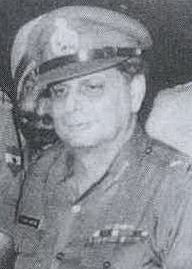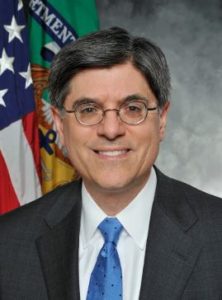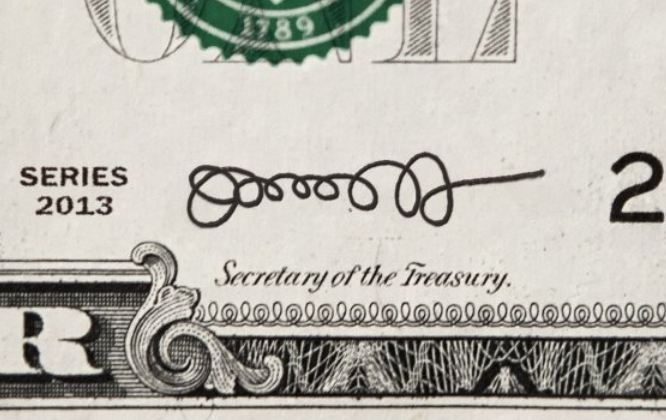 Ezer Weizman (1924-2005), the nephew of Israel’s first president, Chaim Weizmann, was born in Tel Aviv and raised in Haifa. In his youth, he joined the Haifa Aviation Club and was flying planes by age 16. At 18, in the midst of World War II, he enlisted in the British Royal Air Force and served in Africa and India. After the war, Weizman lived in London and studied aeronautics. It was there that he joined the Zionist paramilitary group, Irgun. Weizman returned to Israel to fight in the Independence War. He was one of Israel’s very first fighter pilots, co-founded its air force, and participated in the first air force mission. He continued working for the army after the war, and in 1958 became the commander of the Israeli Air Force. He modernized the IAF, personally trained its pilots, and transformed it into the powerful and feared juggernaut that it is today. In 1967, Weizman was the IDF’s chief of military operations, and helped persuade the Israeli government to launch a preemptive strike against its aggressors. He directed the surprise attack on Arab air forces on the first day of the Six-Day War, totally destroying their air power and thus securing Israel’s lightning victory. (It has been said that the Six-Day War was won by the Israeli air force in the first six hours!) In 1969, Weizman – now a major general and deputy chief of staff – retired from the military and joined the Gahal political party (the precursor of Likud). He served as a Minister of Transportation and later as Defense Minister. He oversaw the development of Israel’s Lavi fighter jet, and the critical 1978 campaign in Lebanon (Operation Litani). Meanwhile, Weizman also became an important peace negotiator. He spoke Arabic fluently, and grew close to Egyptian president Anwar Sadat, who went so far as to call Weizman his “younger brother”. Not surprisingly, Weizman played a key role in Israel’s 1979 peace treaty with Egypt. He later founded his own party, Yachad, and sat on the Knesset between 1984 and 1992, serving as Minister for Arab Affairs and Minister of Science and Technology. A year after leaving the Knesset, Weizman was elected Israel’s seventh president. By this point, he had built a reputation as a dove, and worked hard to promote peace. He was credited with making the office of president more relevant in Israeli society, and was praised for his warmth and concern for all of Israel’s citizens, including Arabs and Druze. After being reelected to a second term, Weizman resigned as president in 2000, and passed away five years later. He has been voted the 9th greatest Israeli of all time.
Ezer Weizman (1924-2005), the nephew of Israel’s first president, Chaim Weizmann, was born in Tel Aviv and raised in Haifa. In his youth, he joined the Haifa Aviation Club and was flying planes by age 16. At 18, in the midst of World War II, he enlisted in the British Royal Air Force and served in Africa and India. After the war, Weizman lived in London and studied aeronautics. It was there that he joined the Zionist paramilitary group, Irgun. Weizman returned to Israel to fight in the Independence War. He was one of Israel’s very first fighter pilots, co-founded its air force, and participated in the first air force mission. He continued working for the army after the war, and in 1958 became the commander of the Israeli Air Force. He modernized the IAF, personally trained its pilots, and transformed it into the powerful and feared juggernaut that it is today. In 1967, Weizman was the IDF’s chief of military operations, and helped persuade the Israeli government to launch a preemptive strike against its aggressors. He directed the surprise attack on Arab air forces on the first day of the Six-Day War, totally destroying their air power and thus securing Israel’s lightning victory. (It has been said that the Six-Day War was won by the Israeli air force in the first six hours!) In 1969, Weizman – now a major general and deputy chief of staff – retired from the military and joined the Gahal political party (the precursor of Likud). He served as a Minister of Transportation and later as Defense Minister. He oversaw the development of Israel’s Lavi fighter jet, and the critical 1978 campaign in Lebanon (Operation Litani). Meanwhile, Weizman also became an important peace negotiator. He spoke Arabic fluently, and grew close to Egyptian president Anwar Sadat, who went so far as to call Weizman his “younger brother”. Not surprisingly, Weizman played a key role in Israel’s 1979 peace treaty with Egypt. He later founded his own party, Yachad, and sat on the Knesset between 1984 and 1992, serving as Minister for Arab Affairs and Minister of Science and Technology. A year after leaving the Knesset, Weizman was elected Israel’s seventh president. By this point, he had built a reputation as a dove, and worked hard to promote peace. He was credited with making the office of president more relevant in Israeli society, and was praised for his warmth and concern for all of Israel’s citizens, including Arabs and Druze. After being reelected to a second term, Weizman resigned as president in 2000, and passed away five years later. He has been voted the 9th greatest Israeli of all time.
Words of the Week
There are free men with the spirit of a slave, and slaves whose spirit is full of freedom. He who is true to his inner self is a free man, while he whose entire life is merely a stage for what is good and beautiful in the eyes of others, is a slave.
– Rabbi Avraham Itzhak Kook


 Jacob Joseph Lew (b. 1955) grew up in Queens and graduated from Forest Hills High School. He is the son of a lawyer originally from Poland. Lew began his career in politics working as an aide to a democratic representative, while also studying at Harvard, and later rose through the ranks in Congress. Eventually he became director of several institutions, including the Center for Middle East Research. In 1993 he was appointed Special Assistant to President Clinton. His amazing work in the budgeting department led to him becoming the director of the Office of Management and Budget for the Clinton Administration, meanwhile serving on the National Security Council. After Clinton’s term ended, Lew was Vice President of New York University, where he also served as Clinical Professor. Lew returned to government with the Obama administration, first as Deputy Secretary of State, then Budget Director, and most recently White House Chief of Staff (the highest ranking White House employee – sometimes nicknamed the “Co-President”). He has since taken up the position of Treasury Secretary, making him the highest ranking Orthodox Jew in U.S. history. It also means his signature will appear on all newly printed currency in the U.S. This sparked a bit of controversy due to Lew’s funny signature, causing President Obama to joke that he wanted to rescind the nomination when he saw it. Lew is a practicing Orthodox Jew, devoted to his family and his community. In the past he assisted Natan Sharansky in freeing Jews from the former Soviet Union, together with his rabbi, who has described Lew as “one of the most unassuming, giving, and caring congregants I’ve ever been blessed to have… rare for a person in such a powerful position to be the quintessential mensch.”
Jacob Joseph Lew (b. 1955) grew up in Queens and graduated from Forest Hills High School. He is the son of a lawyer originally from Poland. Lew began his career in politics working as an aide to a democratic representative, while also studying at Harvard, and later rose through the ranks in Congress. Eventually he became director of several institutions, including the Center for Middle East Research. In 1993 he was appointed Special Assistant to President Clinton. His amazing work in the budgeting department led to him becoming the director of the Office of Management and Budget for the Clinton Administration, meanwhile serving on the National Security Council. After Clinton’s term ended, Lew was Vice President of New York University, where he also served as Clinical Professor. Lew returned to government with the Obama administration, first as Deputy Secretary of State, then Budget Director, and most recently White House Chief of Staff (the highest ranking White House employee – sometimes nicknamed the “Co-President”). He has since taken up the position of Treasury Secretary, making him the highest ranking Orthodox Jew in U.S. history. It also means his signature will appear on all newly printed currency in the U.S. This sparked a bit of controversy due to Lew’s funny signature, causing President Obama to joke that he wanted to rescind the nomination when he saw it. Lew is a practicing Orthodox Jew, devoted to his family and his community. In the past he assisted Natan Sharansky in freeing Jews from the former Soviet Union, together with his rabbi, who has described Lew as “one of the most unassuming, giving, and caring congregants I’ve ever been blessed to have… rare for a person in such a powerful position to be the quintessential mensch.”